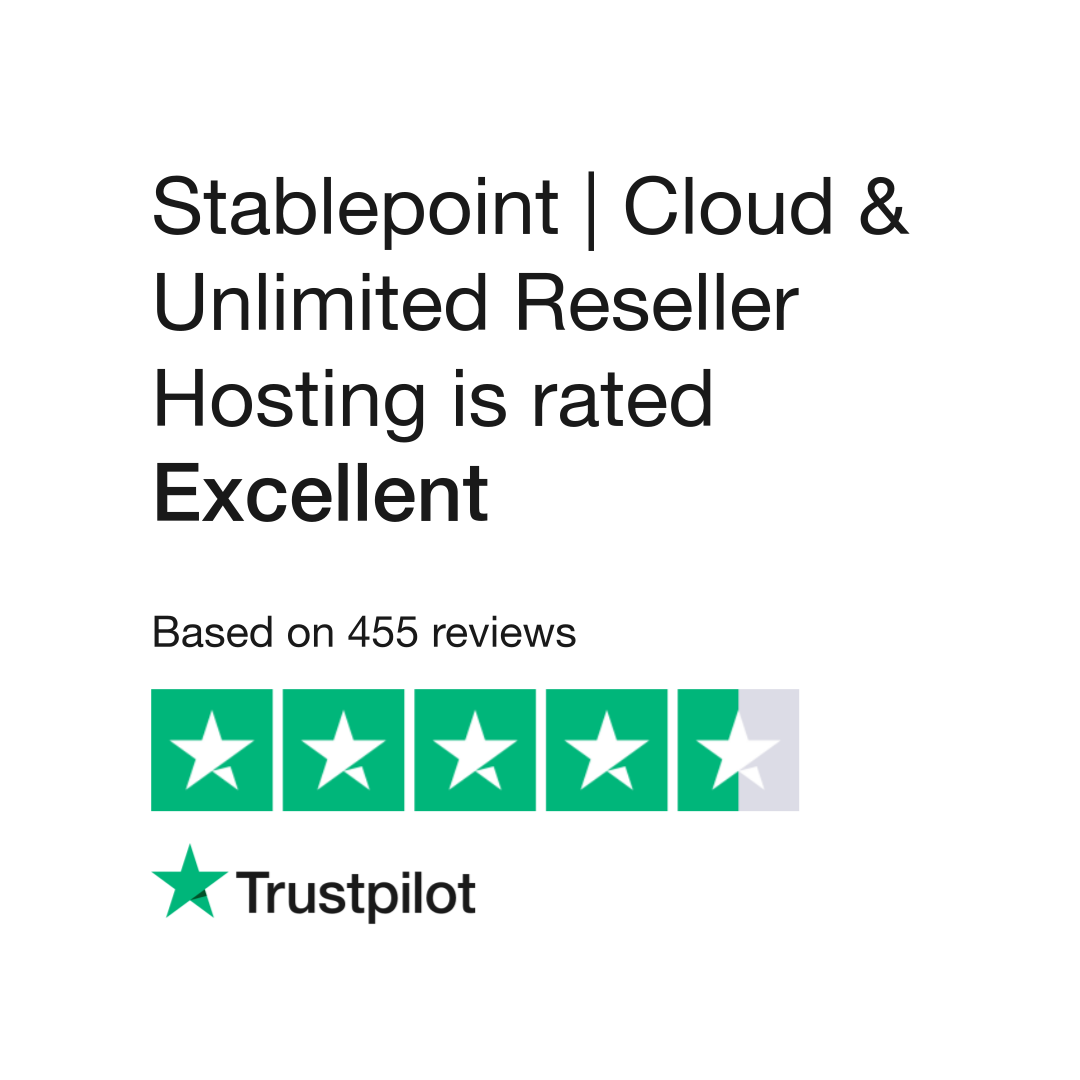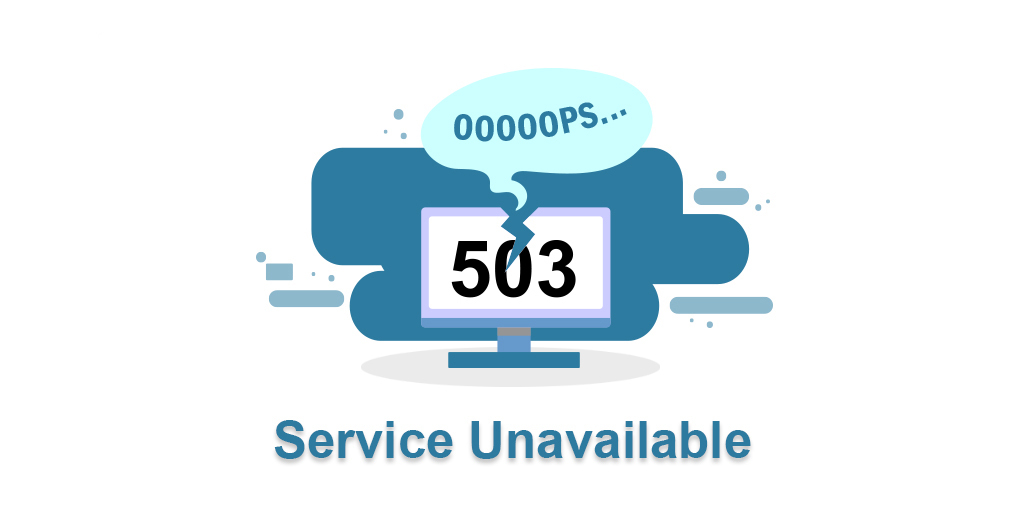Choosing the right hosting for your blog is a bit like finding the perfect home for your thoughts and ideas on the internet. It's not just a technical decision; it's a crucial step in ensuring your blog's success.
Think of it this way: a good hosting provider is like a sturdy foundation for your blog. It determines how fast your pages load, how reliable your blog is, and even how well it can handle traffic spikes. These factors directly impact your readers' experience and your blog's search engine rankings.
Imagine a slow, unreliable host as a shaky house that visitors quickly leave because it's frustrating to navigate. On the other hand, a top-notch hosting provider ensures your blog is a welcoming, well-maintained space that keeps readers coming back for more.
So, while it might seem like a technical detail, choosing the best hosting for your blog is a decision that can shape your online presence and help your words reach the audience they deserve. It's like finding the perfect spot for your corner of the internet to thrive.
The Importance of Blog Hosting
Blog hosting is the digital infrastructure on which your online presence rests, and its significance can't be understated. In the online business landscape, it serves as the foundational pillar that directly impacts user experience, performance, and ultimately, your bottom line.
Firstly, the speed and reliability of your hosting platform are crucial. A blog with slow loading times can discourage visitors. Research indicates that even a one-second delay in page load time can result in a substantial drop in conversions. Thus, selecting a hosting provider with optimal speed is imperative for retaining and converting users.
Reliability follows closely. Your hosting platform should offer uptime guarantees, ensuring your blog is accessible around the clock. Downtime not only disrupts user access but also tarnishes your brand's credibility and can result in revenue loss.
Security is another non-negotiable facet. Cyber threats are a constant concern, and a breach can have devastating consequences for your blog and its users. A reputable hosting provider will offer robust security measures, safeguarding your data and user information.
Moreover, scalability is vital. Just as a business aims for growth, so should your hosting platform accommodate your blog's expansion. Whether it's increased traffic, content volume, or additional functionalities, your hosting should seamlessly scale to meet demands.

Factors to Consider When Choosing a Blog Hosting Platform
Uptime
A reliable hosting platform should offer high uptime guarantees, ideally 99.9% or higher. This ensures that your blog is accessible to users around the clock, minimizing disruptions and maximizing user satisfaction.
Speed
Page load times greatly affect user experience and SEO rankings. Look for a hosting provider with fast server speeds and optimization features to ensure your blog loads quickly and efficiently.
Security
Blog security is paramount. Your hosting platform should offer robust security measures, including firewalls, malware scanning, SSL certificates, and regular backups, to protect your blog from cyber threats and data loss.
Support
Responsive customer support is crucial. Opt for a hosting provider with a reputation for excellent customer service. This ensures that you can quickly resolve any technical issues or concerns that may arise.
Pricing
Compare pricing plans carefully. Consider your budget and the features included in each plan. Look out for hidden fees and consider the long-term costs of hosting as your blog grows.
Additionally, it's also important to consider:
Scalability: As your blog grows, your hosting needs may change. Ensure that your chosen platform allows for easy scalability, whether through upgrading plans or accommodating increased traffic.
User-Friendly Control Panel: A user-friendly control panel makes it easier to manage your blog hosting, especially if you're not tech-savvy.
Server Location: Depending on your target audience, choose a hosting provider with servers located in regions that are geographically closer to your users for faster load times.
Backup and Restore Options: Regular backups are essential. Check if your hosting provider offers automated backup options and easy restoration in case of data loss.
Content Management System (CMS) Compatibility: If you have a preferred CMS like WordPress, ensure that your hosting platform supports it and offers easy installation and management.
Reviews and Recommendations: Read reviews and seek recommendations from other bloggers to get insights into the hosting provider's performance and reliability.

Top Picks for Best Hosting for Blog in 2023
The following hosting providers have established themselves as reliable choices for bloggers in 2023. The best option for you will depend on your specific requirements, such as budget, traffic expectations, and the level of support you desire. Be sure to compare features and pricing to find the perfect fit for your blogging needs.
Stablepoint Hosting:
- Stablepoint offers reliable and high-performance hosting for bloggers.
- They provide excellent uptime guarantees, ensuring your blog is always accessible.
- Stablepoint's customer support is known for its responsiveness and helpfulness.
- With competitive pricing and various hosting plans, it caters to bloggers of all levels.
- Stablepoint's user-friendly control panel makes managing your blog hosting a breeze.
Verpex Hosting:
- Verpex is a popular choice for bloggers seeking fast and secure hosting.
- They prioritize speed with their optimized server infrastructure.
- Verpex's commitment to security includes features like malware scanning and SSL certificates.
- Their customer support is available 24/7 to assist with any hosting-related issues.
- Bloggers appreciate Verpex's straightforward pricing plans.
WebHosting Buzz:
- WebHosting Buzz is well-regarded for its hosting reliability and uptime.
- They offer robust security features to keep your blog safe from online threats.
- The support team at WebHosting Buzz is known for its knowledge and assistance.
- Their hosting plans come at competitive prices, suitable for various budget levels.
- WebHosting Buzz is compatible with popular content management systems like WordPress.
HostForWeb:
- HostForWeb is a hosting provider that caters to bloggers seeking scalability.
- They offer easy plan upgrades as your blog grows in traffic and content.
- Security is a priority, with features like firewalls and regular backups.
- HostForWeb provides cost-effective hosting options, making it suitable for bloggers on a budget.

How to Choose the Best Hosting for Your Blog
Choosing the best hosting for your blog is a crucial decision that should align with your specific needs and goals. Here's personalized guidance to help you make an informed choice based on your individual requirements:
Identify Your Blog's Requirements:
Consider the type of content you plan to publish. Is it a simple personal blog, an e-commerce site, or a resource-intensive multimedia blog?
Estimate your expected traffic. Are you starting small and looking to grow gradually, or do you anticipate high traffic from the outset?
Hosting Types:
Shared Hosting: Ideal for beginners and small blogs with low traffic. It's cost-effective but can have limited resources.
VPS Hosting: Provides dedicated resources within a virtual server. Suitable for moderate traffic blogs and more control.
Dedicated Hosting: Offers an entire server for your blog. Best for high-traffic and resource-intensive websites.
Managed WordPress Hosting: Tailored for WordPress users, it offers optimized performance and security.
Performance:
Ensure the hosting provider offers at least a 99.9% uptime guarantee. Look for SSD storage and content delivery networks (CDNs) for faster loading times.
Scalability:
Choose a host that allows easy scalability as your blog grows. Ensure you can upgrade your hosting plan effortlessly.
Security:
Look for features like SSL certificates, firewalls, and regular backups to protect your blog from threats.
Support:
Check the quality and availability of customer support. 24/7 support is crucial, especially if issues arise.
Budget:
Set a realistic budget. Understand that quality hosting often comes at a reasonable cost, but it's an investment in your blog's success. User-Friendly Interface:
If you're new to blogging, opt for a hosting provider with an intuitive control panel for easy management.
Reviews and Recommendations:
Read reviews and seek recommendations from fellow bloggers or online communities to gauge user experiences.
Data Backups:
Ensure your host provides regular backups to protect your content in case of data loss.
Content Management System (CMS):
If you're using a specific CMS like WordPress, choose a host that specializes in that platform.
Add-Ons and Extras:
Consider additional features like email hosting, domain registration, and website builders if needed.
Trial Periods and Money-Back Guarantees:
Opt for hosts that offer trial periods or money-back guarantees. This allows you to test their services risk-free.
Future:
Think long-term. Choose a host that can accommodate your blog's growth for years to come.

Conclusion
Selecting the right hosting for your blog is a critical decision that significantly impacts your blog's performance, security, and overall success.
When making your decision, consider factors such as your blog's type, expected traffic, budget, and growth plans. It's essential to choose a hosting provider that aligns with your specific requirements.
Remember that the best hosting for your blog may not be the same as someone else's. Take the time to assess your needs and explore these hosting options to find the one that will help your blog thrive in 2023 and beyond. Ultimately, investing in the right hosting service is an investment in the success and sustainability of your blog
What is blog hosting, and why do I need it?
Blog hosting is a service that provides the infrastructure for your blog to be accessible on the internet. It's essential because it determines the performance, security, and reliability of your blog. Without hosting, your blog cannot be viewed online.
What factors should I consider when choosing a blog hosting platform?
You should consider factors like uptime, speed, security, customer support, pricing, and scalability. Your choice should align with your blog's goals and traffic expectations.
Do I need technical expertise to manage my blog hosting?
Most hosting providers offer user-friendly interfaces and support services, making it accessible even for those with limited technical knowledge. However, having some technical understanding can be helpful.
What is shared hosting, and is it suitable for a blog?
Shared hosting means multiple websites share resources on the same server. It can be suitable for a blog, especially if you're just starting. It's cost-effective but may have limitations in terms of performance as traffic grows.

Nadejda Milanova
An experienced Content creator in the field of Search Engine Optimization (SEO) and WordPress. A true proffesional with a Master's degree focused on journalism.
Read more by Nadejda Milanova





